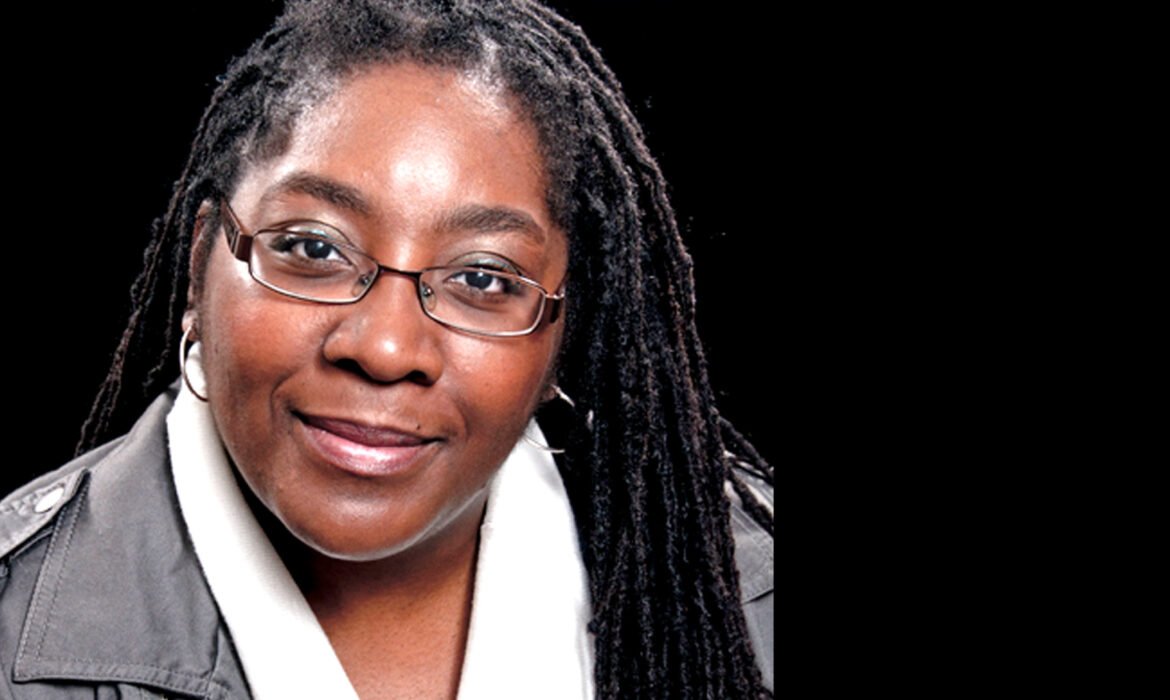Jacqueline Beckles remembers the first time she failed a course in law school. Criminal law, ironically, the subject she would later make the centerpiece of her legal career.
She had entered the University of Ottawa determined to become a judge. But her first year was marked by isolation, racism, and doubt. “It just wasn’t what I imagined,” Beckles said to the CONTACT. “I questioned if I even belonged.”
Born and raised in Montreal’s West Island, Beckles is now a senior criminal lawyer with the Department of Justice Canada and a mentor to a generation of aspiring legal professionals. Earlier in the spring, she was awarded the King Charles III Coronation Medal—an honour as she says, she never saw coming.
“I don’t even know who nominated me,” she explained. “But it told me something I’d done mattered to someone. That means everything to me.”
Her path to that moment was anything but conventional. Raised by her mother, Beckles found herself surrounded from a young age by a community of formidable Black women. Activists, scholars, and community organizers often gathered around her family’s table: names like Dr. Dorothy Williams, Dr. Myrna Lashley, Dr. Esmeralda Thornhill and Justice Juanita Westmoreland-Traoré left lasting impressions on her.
“This is what I grew up around. These were the women who shaped my view of justice and community,” she recalled.
After completing high school at Riverdale High School, she went on to get a Bachelor of Arts in Political Science from Concordia University. Her grades, however, were not sufficient to get into law school. Undeterred, Beckles enrolled at O’Sullivan College to complete a diploma in paralegal studies, excelling with straight A’s. That performance propelled her to the University of Ottawa’s Faculty of Law.
While law school fulfilled a lifelong dream, it also introduced new challenges. “My first year was tough,” she admits. “I experienced racism and isolation. I thought about giving up.” But then Beckles connected with the Black Law Students’ Association of Canada (BLSA), which became a vital source of support. Through BLSA, she found mentorship, a network of peers across Canada, and a deeper sense of belonging. “That organization helped me stay the course,” she says. “It taught me the importance of community in professional spaces.”
During her studies, Beckles immersed herself in criminal law, eventually taking every course related to the field. “I knew this was my calling,” she says. After graduation, she worked at a private firm in Ottawa, practicing family, civil, and criminal law. But it was criminal law that resonated most. “Family law didn’t fit. Civil law was educational, but criminal law spoke to who I am.”
Life shifted again after she gave birth to her son. With her husband unable to work in Canada at the time, the family relocated to Barbados for two years. There, Beckles worked as a judicial assistant with the island’s Supreme Court, drafting decisions for high court and appellate judges an experience that honed her understanding of judicial reasoning and further deepened her aspirations for the bench.
She returned to Canada seeking a stable job but was met with a number of closed doors. “I had a law degree, years of practice, and I couldn’t get a callback,” she said. “It was humbling.”
Eventually, she took a job as an executive assistant at the Royal Canadian Mint, a decision she describes as both strategic and necessary. “I had a child to raise. I needed a steady income,” she said.
That pragmatism led her to Health Canada and finally back to legal practice, this time within the federal government. A former colleague encouraged her to apply to the Department of Justice, where she has worked for the past 15 years.
Today, she pays that forward. Beckles is an active mentor to students, especially young Black women entering the legal field. “It’s about lifting as you climb,” she says. “Making connections. Sharing knowledge. Ensuring no one feels alone like I did.”
Her activism now spans multiple legal organizations. She serves on equity and diversity committees with the Canadian Bar Association, the Ontario Bar Association, and the Law Society of Ontario. In 2022, she ran for bencher (a governor of the Law Society) in an effort to bring more representation to the table. “I couldn’t keep asking for change from the outside,” she said. “I had to show up.”
Beckles is also a mentor to countless law students, especially Black women and internationally trained lawyers trying to re-enter the Canadian system. “I may not have all the answers,” she says, “but I can connect people who do. That’s part of lifting as we climb.”
That phrase, “lifting as we climb” is one Beckles returns to often. It’s how she describes the legacy of her mother. It’s how she sees the role of lawyers in community. And it’s how she explains her quiet pride in the King Charles III Medal.
“It’s not about medals,” she said. “It’s about leaving the door open wider than you found it. If I’ve done that, I’m on the right path.”
And that path, she hopes, still leads to the bench. “I’ve applied to be a judge. More than once,” she said. “It hasn’t happened yet. But I believe it will. In time.”
Lifting as she climbs’: How Jacqueline Beckles carved her path in law and left the door open for others















